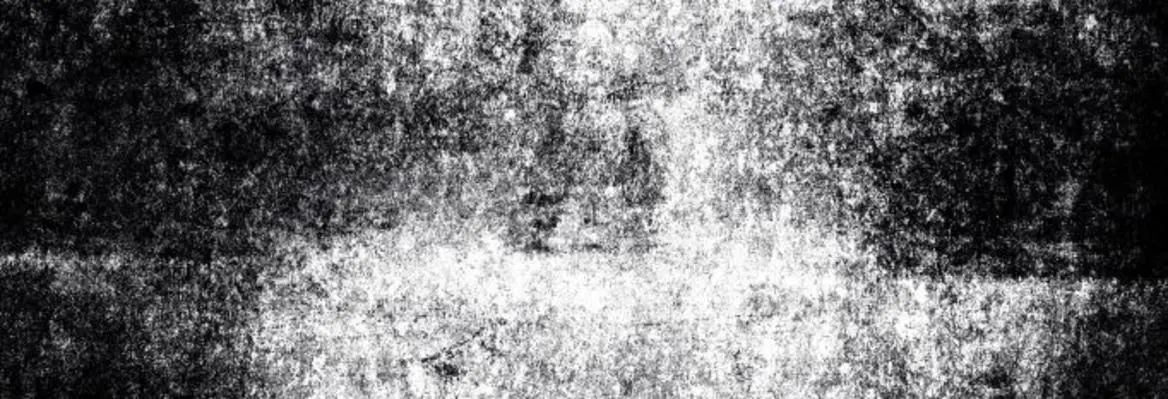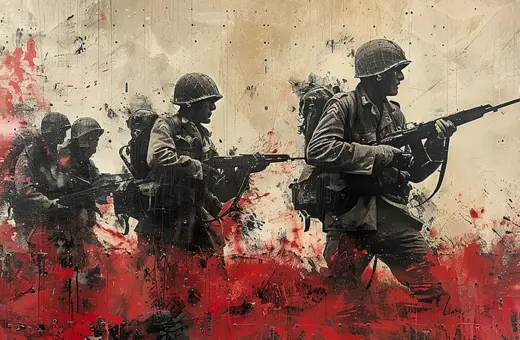There is a paradox at the heart of our corruption discourse. The concept only makes sense in opposition to something pure and untainted, yet our contemporary political culture shies away from articulating such moral and political ideals. Only when we face up to the big underlying philosophical questions about the public good will corruption allegations stop being dismissed as mere partisan mud-throwing, argues Robert Sparling.
Corruption scandals are a constant feature of contemporary life. While everyone seems to hate corruption, people tend to focus their outrage in selective ways, attacking their partisan enemies and ignoring their own parties’ offenses. This makes it easy to dismiss accusations as mere partisan mud-throwing, where all the politicians are eventually covered in the same muck. But there is more to corruption than name calling, and the pretence that all politicians are equally sullied is dangerously depoliticizing.
The concept of corruption if very difficult to define precisely, which allows it to devolve into empty, prejudiced moralizing. There is a wide range of behaviours about which public judgment seems conflicted on whether they count as corruption. Gifts to political parties appear in some people’s eyes to be an illegitimate form of private influence; for others, they are a reasonable extension of one’s freedom of political expression. When former leaders take up lucrative contracts with private businesses, some paint the behaviour as laudable private enterprise; others see it as a dangerous revolving door between politics and industry. But for all the diverse ways in which people understand the term ‘corruption’, there are clear family resemblances between competing conceptions. There is something near-universal about our indignation at seeing officials betray public trust. The difficulty is that such indignation only makes sense against the background of a positive set of ideals politicians and institutions should instantiate. Something can be corrupt only if there is a non-corrupt, pure version of it. Yet we are reluctant to articulate what that moral purity would look like for public officials, and skeptical about moral vocabularies more generally. That’s the paradox of corruption discourse today.
Something can be corrupt only if there is a non-corrupt, pure version of it. Yet we are reluctant to articulate what that moral purity would look like for public officials, and skeptical about moral vocabularies more generally.
Some argue that our moral outrage towards individuals is misdirected, obscuring the fact that what is needed is systemic reform. A minister misappropriating public funds evokes public fury; a system that is structured to benefit a particular group, class or caste at the expense of the wider public often slips under the radar, even though the members of the privileged group could easily be conceived of as abusing of public goods for private gain. Political philosopher Camila Vergara has recently written a delightfully pugnacious book treating corruption as a synonym for oligarchy.
I find much to agree with in Vergara’s treatment of oligarchy as the core of systemic corruption. But like many who focus on corruption at a systemic level, she tends to disapprove of the focus on personal morality that dominates much corruption discourse. This is understandable: focusing on individual ethical lapses can seem insufficient to the task. One might even think it serves ideological purposes. After all, we can witness anticorruption drives around the world, with performative arrests, imprisonments and in some places even executions, serving to direct and channel public rage, all the while bolstering oppressive systems. Accusations of corruption in such cases appear to be more a question of purging enemies than reducing abuse of public office.



















Join the conversation